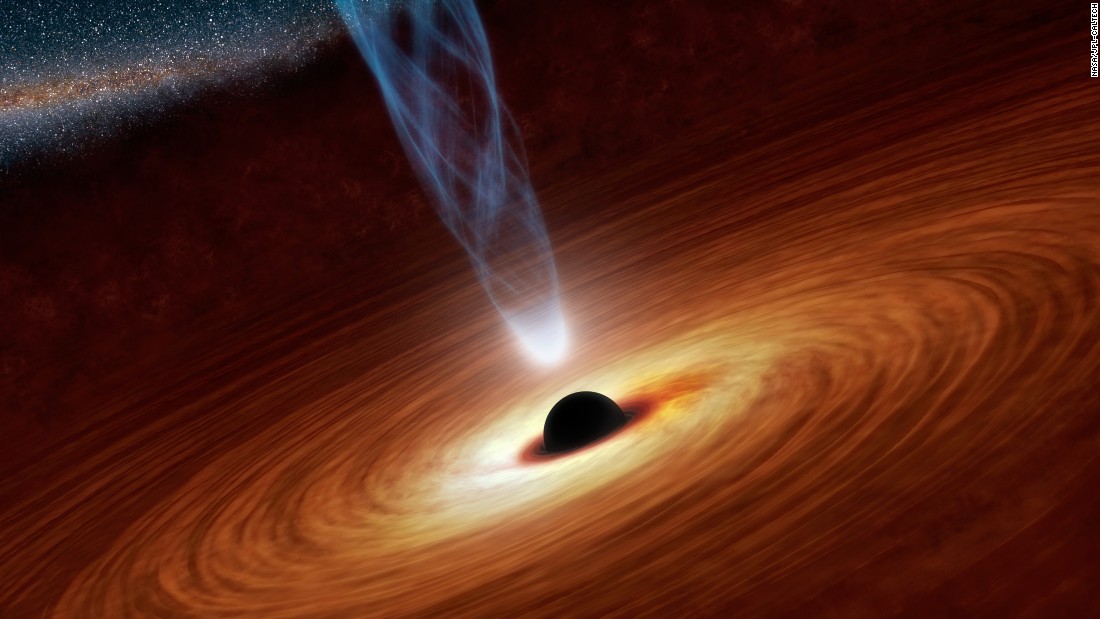
The fastest-growing black hole in the universe is 34 billion times the mass of our sun and feasts on a meal the equivalent of our sun each day, according to a new study.
This massive, hungry black hole was first identified and studied by researchers in May 2018. Previously, they believed it consumed the mass equivalent to our sun every two days. Now, they have a better understanding of this monster black hole and its gluttonous behavior.
The black hole is known as J2157 and exists more than 12 billion light-years back in the distant universe. Astronomers are trying to understand how such massive black holes could evolve during the early days of the universe. The researchers continue to search for more massive black holes like this one to understand how they have grown.
“It’s ...
Read More







Recent Comments